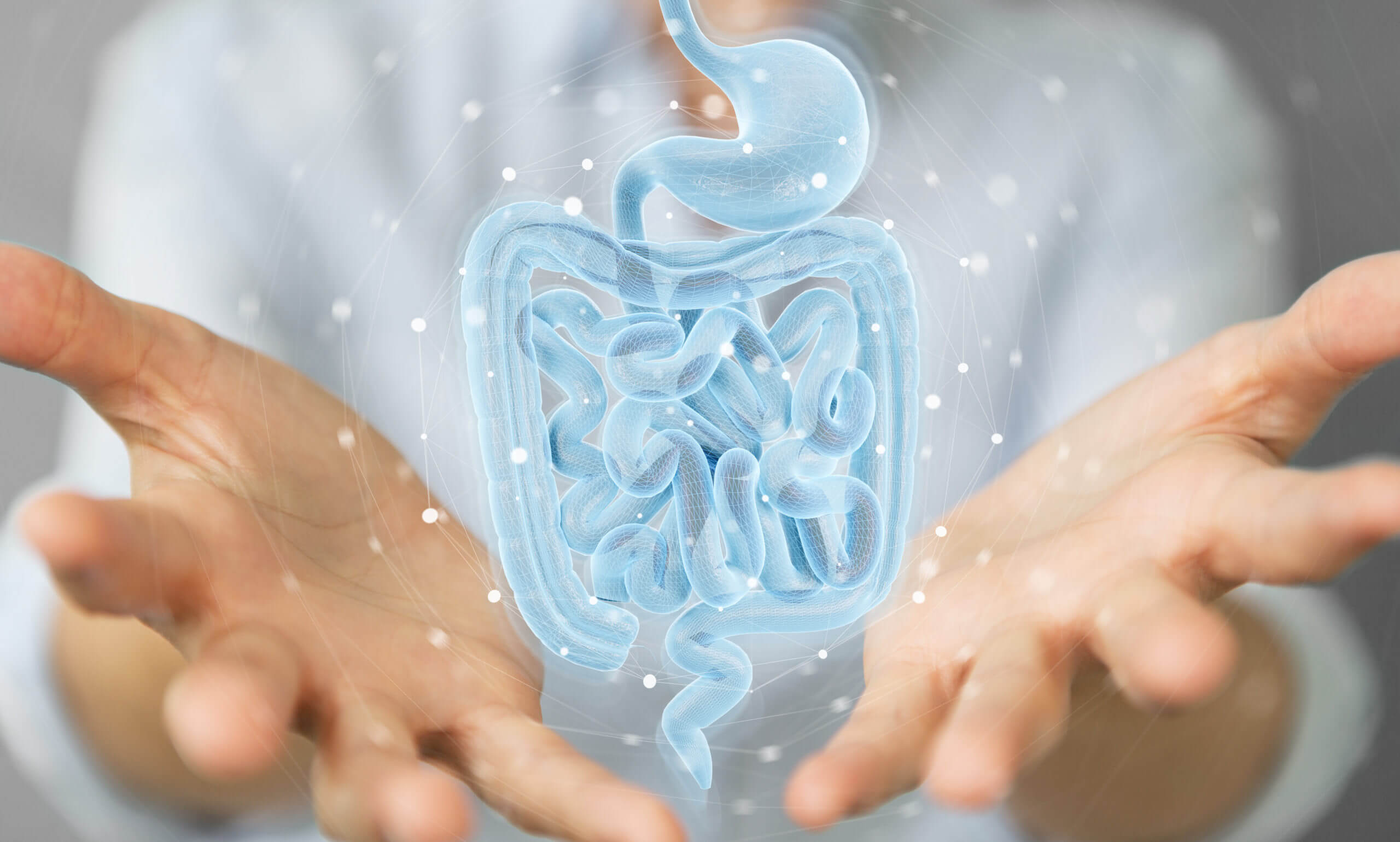Scientists are now another step closer to understanding the connection between the microbes in the gut and healthy immune and intestinal systems. Microbes in the gut collaborate to stimulate a specific protein related to gut inflammation, according to a new study. The recent findings could lead to new treatments for inflammatory gut diseases.
The collection of microorganisms living in a person’s intestine (more than 100 trillion different ones) is called the gut microbiome. The genetic makeup of this collective mostly depends on the microbes inherited at birth and the person’s diet, therefore, no two people have the same microbiome.
Specific Studies
“Achieving new breakthroughs in the biomedical microbiome sciences field needs to go beyond correlative studies. In order to gain a better understanding of the microbiome’s impact on health and disease, we need to identify the specific molecules that contribute to health and disease, as well as how all these signals are integrated in the complex intestinal environment,” says Beth McCormick, Ph.D., in a statement.
“Our work is taking important steps in this direction. For the first time we established a mechanistic link between the microbiome community and host mucosal surface to promote gastrointestinal homeostasis and suppress inflammation,” adds Dr. McCormick, who is the Worcester Foundation for Biomedical Research Chair II, vice-chair, and professor of microbiology & physiological systems at UMass. She is also the director of the UMass Center for Microbiome Research.
In this study, Dr. McCormick and team proved a clear cause and effect relation between gut bacteria and the human protein, P-glycoprotein (P-gp), which directly impacts the immune system and overall health. This protein, which resides in the walls of the intestine, works to stop swelling in the intestinal tissue.
“We are excited to find that not only is there a link between the gut microbiome and P-gp regulation in the intestine, but that two classes of microbial molecules actually work together to trigger expression of P-gp,” says study first author Sage Foley, a doctoral student in the Morningside Graduate School of Biomedical Sciences and a member of the McCormick lab.
Dietary Effects
Both positive and negative changes in diet affect bacterial behavior in the gut. Certain bacteria contribute to the digestive process and if the balance of good and bad bacteria is disturbed, gut inflammation can occur.
“This highlights the importance of a functioning core microbial community to have maximal impact on the human body,” adds Foley. “While even within an individual the relative abundance of microbes can fluctuate, we’re beginning to understand the importance of nourishing the microbial community as a whole. Though there is still much to explore, we suspect this may be possible through changes to the diet or through the delivery of groupings of microbes.”
The published study can be found in Microbiome.
